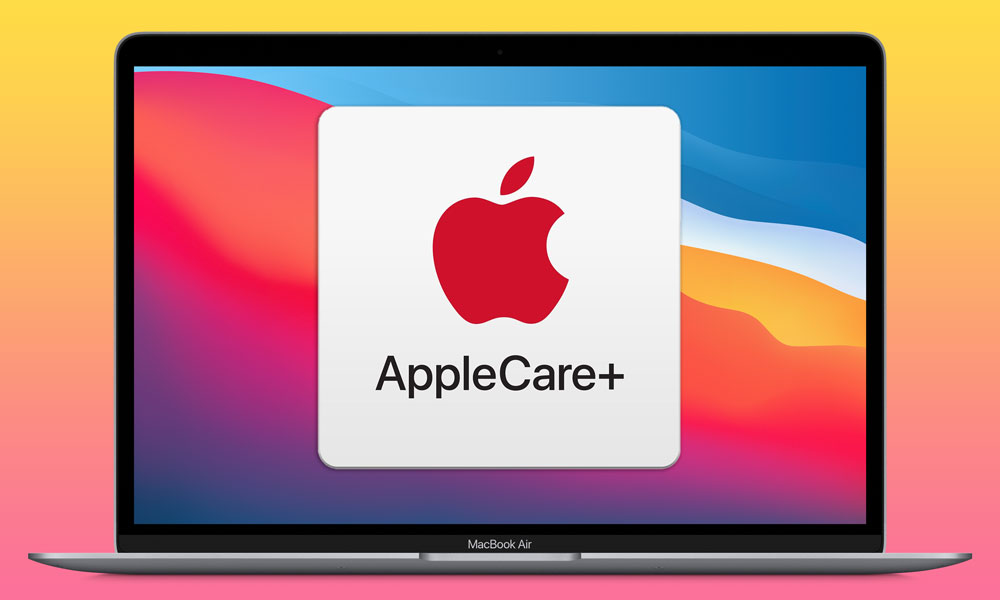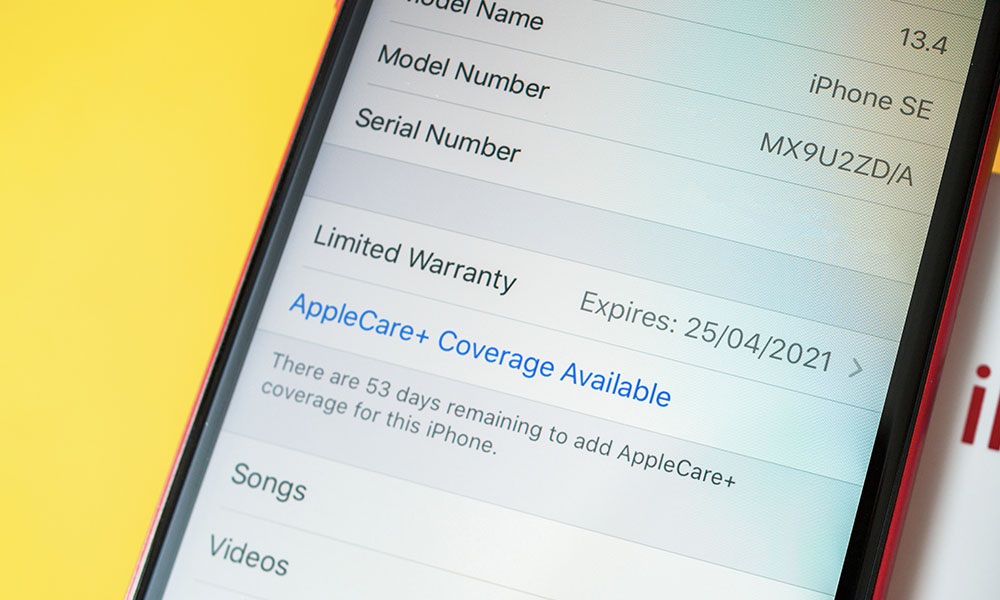You Can Now Buy AppleCare+ After You’ve Had Your iPhone Repaired
 Credit: Jesse Hollington
Credit: Jesse Hollington
Toggle Dark Mode
Apple has been slowly improving its AppleCare+ service program over the past couple of years, and now it’s giving customers even more opportunities to enroll in the program.
For years, AppleCare+ had to be purchased alongside your new Apple device to verify that your product was in pristine condition. Since AppleCare+ offers significant discounts for things like screen repairs, Apple wanted to make sure you weren’t trying to buy AppleCare+ after you’d already damaged your iPhone to get cheaper repairs.
While it was possible to purchase it for up to 60 days afterward, you would need to take your device into an Apple Store to have it inspected or call Apple Support and allow them to run remote diagnostics on it to confirm that everything was in proper working order.
Fortunately, Apple simplified this process a couple of years ago, letting you purchase AppleCare+ directly from certain devices, such as an iPhone, iPad, or Mac. Presumably, the internal iOS diagnostics provided Apple with enough information, in this case, to determine whether the device was in acceptable condition.
Nonetheless, the limit remained at 60 days until mid-2020, when Apple extended post-purchase eligibility for AppleCare+, allowing you to opt-in for any Apple device for a period of up to one year after purchase. After 60 days, however, things get a bit more complicated, as you’ll have to bring your device into an Apple Store or Apple Authorized Service Provider (AASP) to have it inspected by a technician to make sure it hasn’t been damaged.
Naturally, damaged devices aren’t eligible for AppleCare+, at least not until you pay the normal non-AppleCare+ prices to have the damage repaired. After all, the accidental damage coverage included in AppleCare+ is effectively an insurance plan; you can’t buy vehicle insurance after you’ve had a car accident, either.
While Apple Stores have always been happy to sell you AppleCare+ after fixing your damaged iPhone or Mac, it was generally only possible to do this right after the repairs. So if you’d previously had your iPhone repaired and then decided later that maybe you should pick up AppleCare+, you’d be out of luck.
This was even more true at Apple Authorized Service Providers, which couldn’t sell you AppleCare+ after a repair in the first place. Whether you’d even be able to do so through Apple Support was hit-or-miss.
Second Chances
According to an internal Apple memo obtained by MacRumors, Apple is clarifying and expanding this policy, telling service staff that iPhones and Macs that have been legitimately repaired still qualify for AppleCare+, as long as all the other conditions are met.
Your device still must have been purchased less than one year ago, and you’ll still need to submit it for a physical inspection and diagnostics before you can buy AppleCare+. However, you won’t automatically be disqualified merely because you previously paid for a repair — just as long as it was done at an Apple Store or an Apple Authorized Service Provider (AASP).
To be clear, you’ll still have to pay full price for any repairs incurred before purchasing AppleCare+ — that hasn’t changed. However, Apple clearly recognizes that it’s easier for someone to see the benefits of AppleCare+ in such a situation. So as long as the iPhone or Mac has been properly repaired, there’s really no reason it shouldn’t be eligible for the additional coverage.
Of course, there’s also the argument that you’re unlikely to damage your device a second time. However, proponents of Murphy’s Law might suggest that the opposite is true should you decide to forego your second chance to get AppleCare+ coverage.
On the upside, the clock on your AppleCare+ coverage starts the day you buy it. This means that you will get an additional two years of coverage for an iPhone, with up to two incidents of accidental damage covered within any 12-month period.
The memo doesn’t appear to make any mention of products apart from the iPhone or Mac, so it’s unclear if the policy also extends to other AppleCare+ eligible products like iPads, AirPods, and HomePods.







